Pentaform’s AbacusBasic pares back the PC to bare essentials
A modular PC for every market, the AbacusBasic looks like a standard keyboard. It's actually a minimal PC that's been designed to help tech blend into the background – we talk to its creators
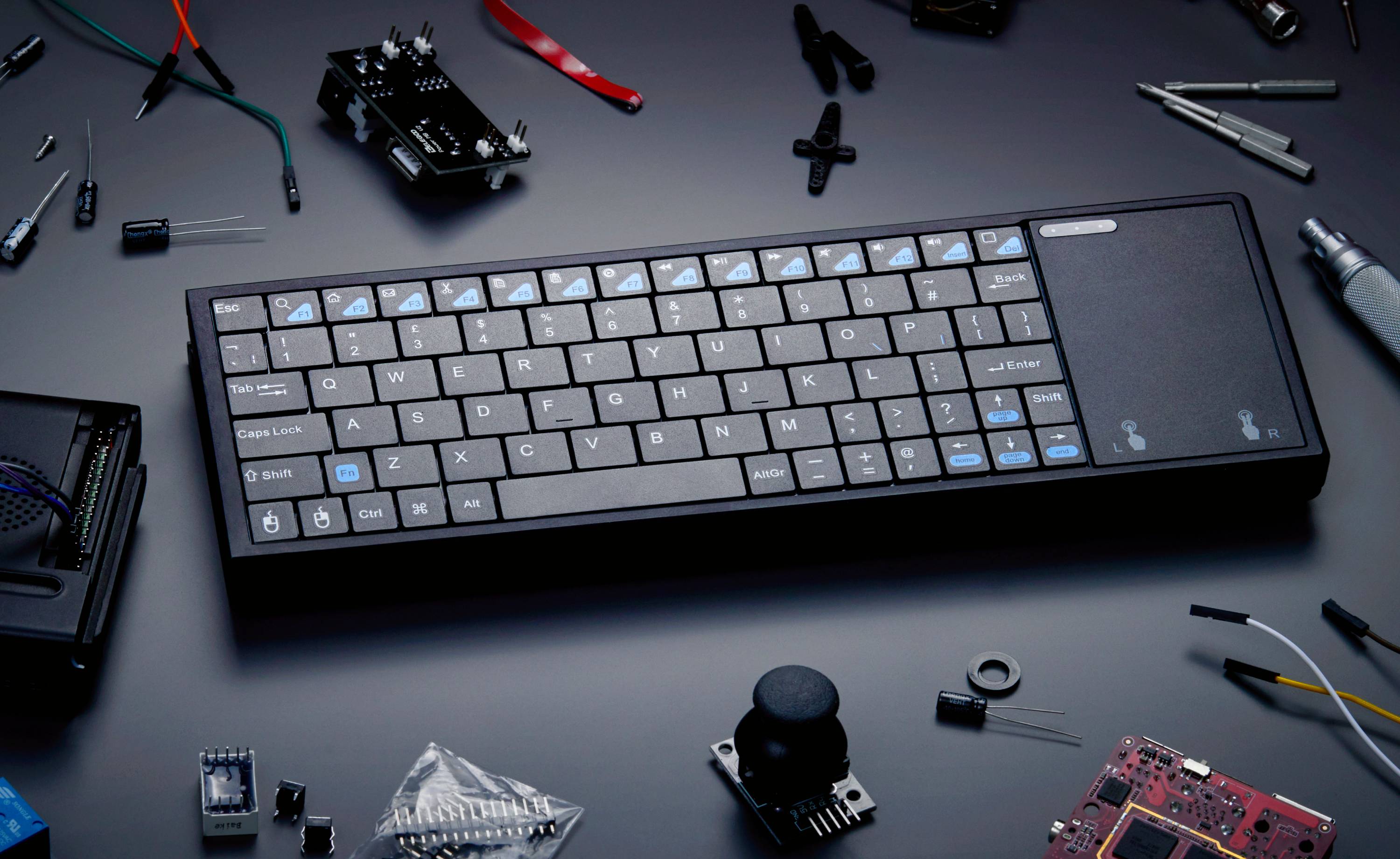
The market for personal computers is a pretty binary place. After staking your loyalty to either Apple or PC, you’re either sent off down an expensive rabbit hole of stylish, seamlessly integrated devices and accessories, or you enter the relentless chaos of the PC market, with its myriad manufacturers, infinite combination of components and the sense that your final choice is never quite good enough.
As a result, we tend to end up with more powerful devices than we actually need, a trend driven by the unbreakable bond between computer power and tech marketing. A few have tried to break out of this pattern – the ill-fated One Laptop Per Child (OLPC) project from Yves Behar’s Fuseproject, the rise of the Chromebook, and other budget devices – but as a result the mountain of e-waste shows depressingly little signs of diminishing.
Pentaform AbacusBasic, a modular, low-cost PC
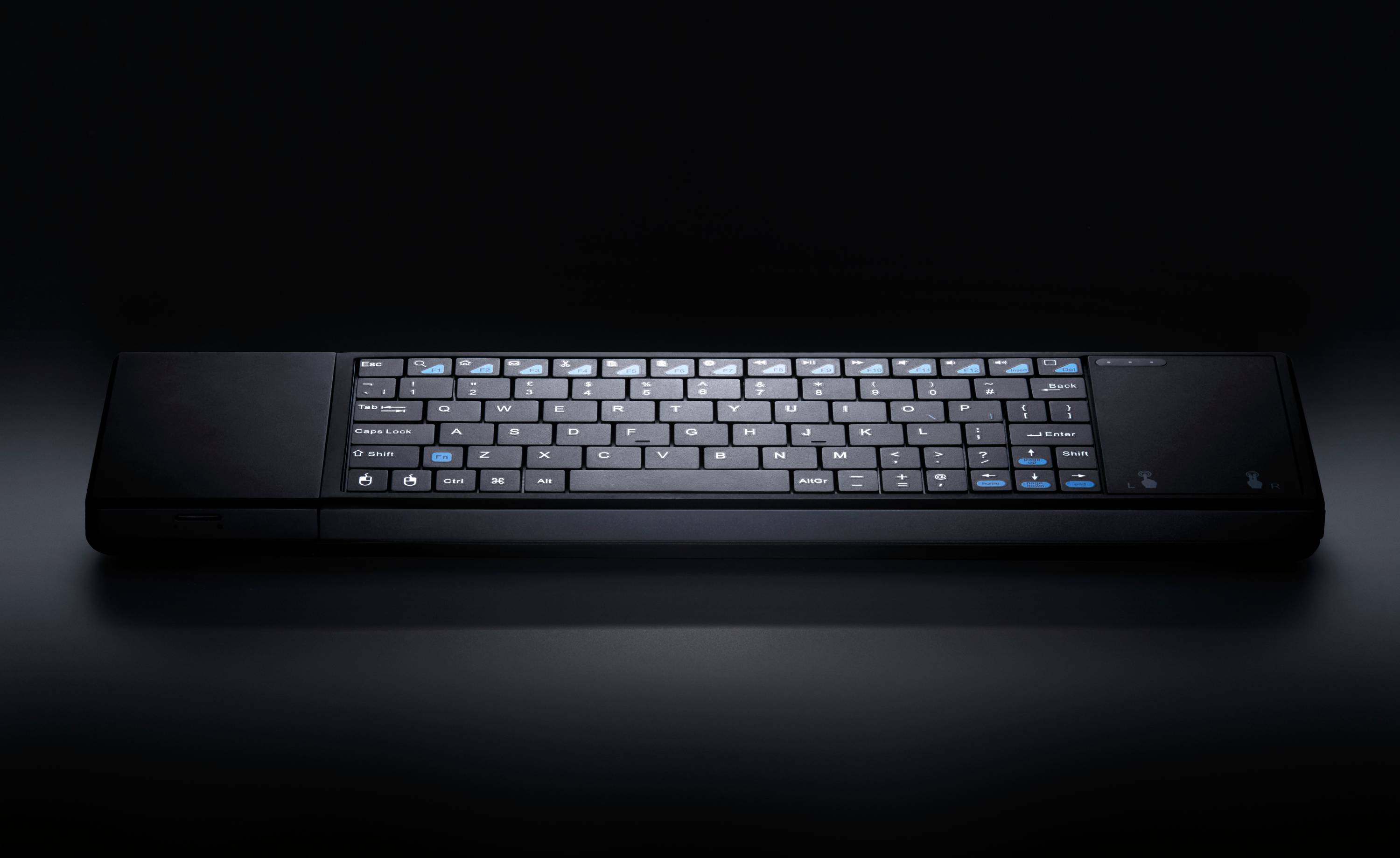
Pentaform Computers was set up by Joon-sang Lee and Samuel Wangsaputra, inspired by Wangsaputra’s Royal College of Art project exploring how to extend internet connectivity to Indonesia’s far-flung islands. Although the infrastructure was being put in place, there was a distinct lack of affordable devices. Superficially, the company’s first product, the AbacusBasic, looks like a keyboard. It’s actually a self-contained, low-cost PC that can undercut even the most basic laptop because of the lack of screen. Simply plug it in to a TV, and the Windows box can be fired up and used like a conventional machine.
The Pentaform team say they’ve not only reduced the computer’s footprint by 63 per cent but have also ramped up the recyclability of the device with a recycled ABS body and components that can be easily accessed. Doing away with a screen makes the AbacusBasic hard-wearing and easy to ship, with a lifetime measured in years, not months. The model is currently being crowdfunded. We spoke to Lee and Wangsaputra about their ambitions for the product.
Samuel Wangsaputra and Joon-sang Lee on the AbacusBasic
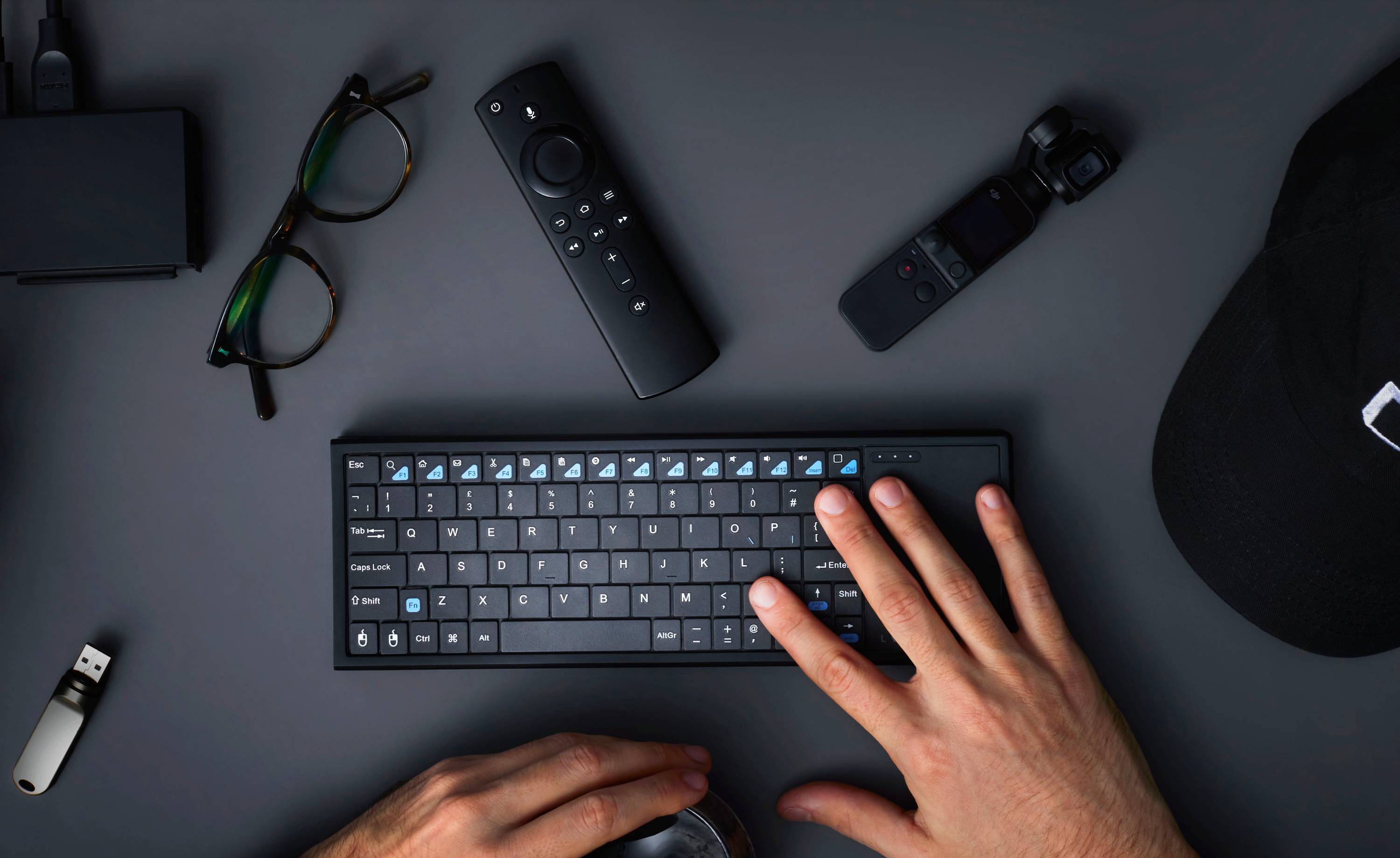
W*: What was the inspiration behind the project?
Wangsaputra and Lee: We realised that although ubiquitous internet access was coming, what was missing were affordable devices to connect to it. Despite mankind entering a digital and information age where access to digital tools is increasingly important, computers are still out of the financial reach of 4.2 billion people. High-end technology is becoming more and more expensive and fragile – it’s a luxury, not a tool. For instance, since 2008, the average price of premium phones has increased by 320 per cent.
W*: Were you influenced by any earlier computing or electronics products?
W and L: Sir Clive Sinclair's ethos of bringing computer power into the hands of a lot of people was inspiring. His ZX Spectrum – the UK's first affordable mass market home computer – was launched at just £125 [in 1982]. In a world where tech is getting ever more expensive and high specification, we found this to be revolutionary.
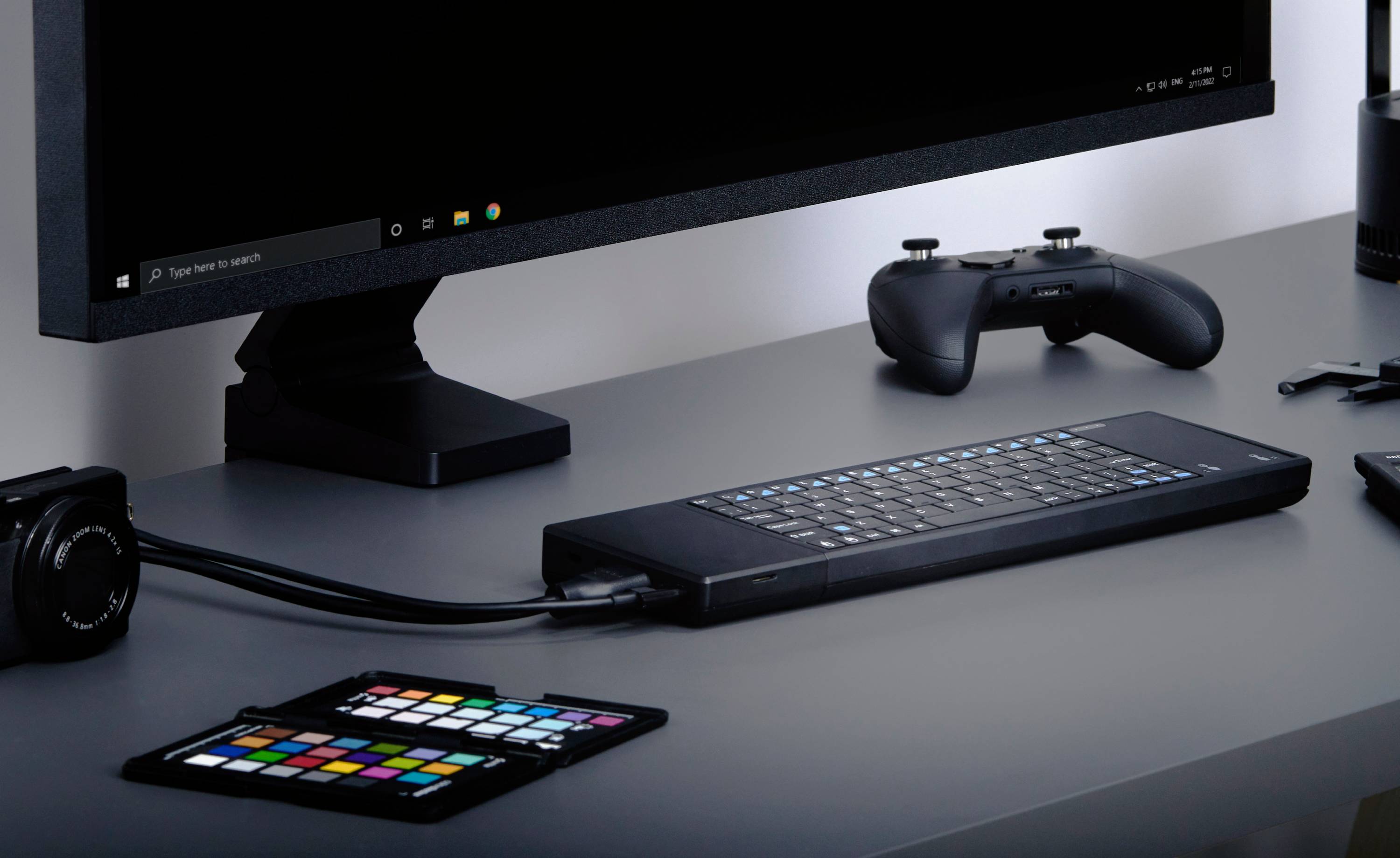
W*: What’s the typical use case for the AbacusBasic?
W and L: We see a dual use case. In the developed world, due to the form factor, many are using it as a second computer when travelling. You can connect to any monitor and use it both at home and at work. A lot of people use a small PC to watch Netflix in the living room or use for gaming. But the most exciting emerging use case is as a tool to create new projects. As the AbacusBasic comes with a GPIO [general-purpose input/output] you can do any robotics projects or use it to create music. We had sound artist Barney Kass use the AbacusBasic to perform at Glastonbury this year.
Receive our daily digest of inspiration, escapism and design stories from around the world direct to your inbox.
In developing countries, people are using the AbacusBasic as their primary computer. For instance, in universities in Indonesia, half of all students don’t have access to a PC, which puts them at a disadvantaged position. As the AbacusBasic is one of the most affordable Windows PCs ever, many are now able to afford a PC for the first time.
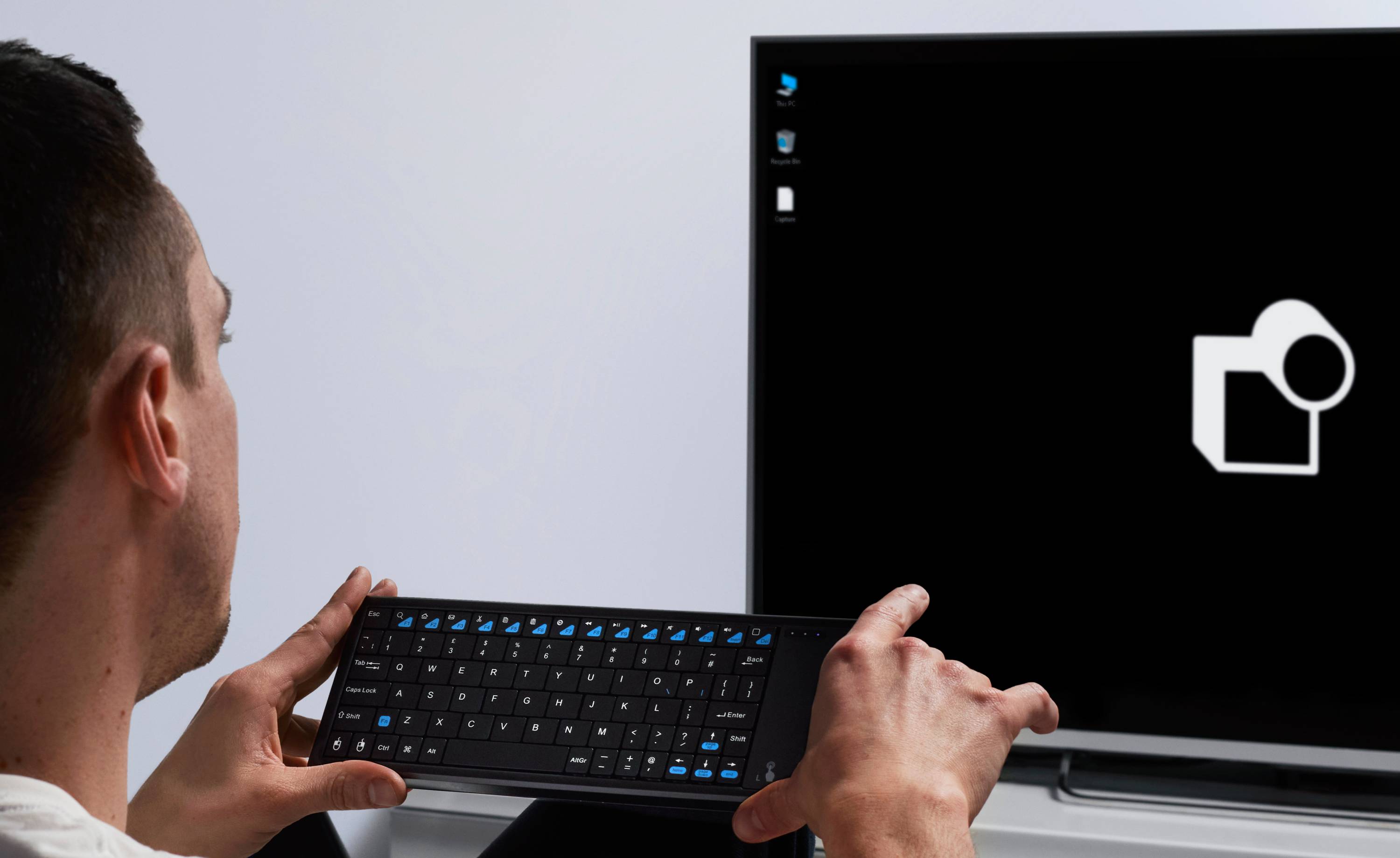
W*: Do you imagine people will have it as a second or third computer?
W and L: In developed countries, we definitely see this as a second or third household computer.
W*: How much of the computer is recycled?
W and L: Creating an eco-conscious PC that is commercially successful and affordable requires a lot of capital and experience. We therefore see recycling as an iterative journey – we still have a long way to go. We initially managed to shrink the size of the device in order to reduce e-waste by 63 per cent, as well as ensure the housing is made from recycled materials. As we scale, we are looking to work with our partners to enable trades and make the entire internals recyclable as well.
W*: Is the AbacusBasic a modular design and are there any other peripherals or add-ons?
W and L: It is definitely modular. You’ll need to wait and see what we come up with.
INFORMATION
Pentaform
Jonathan Bell has written for Wallpaper* magazine since 1999, covering everything from architecture and transport design to books, tech and graphic design. He is now the magazine’s Transport and Technology Editor. Jonathan has written and edited 15 books, including Concept Car Design, 21st Century House, and The New Modern House. He is also the host of Wallpaper’s first podcast.